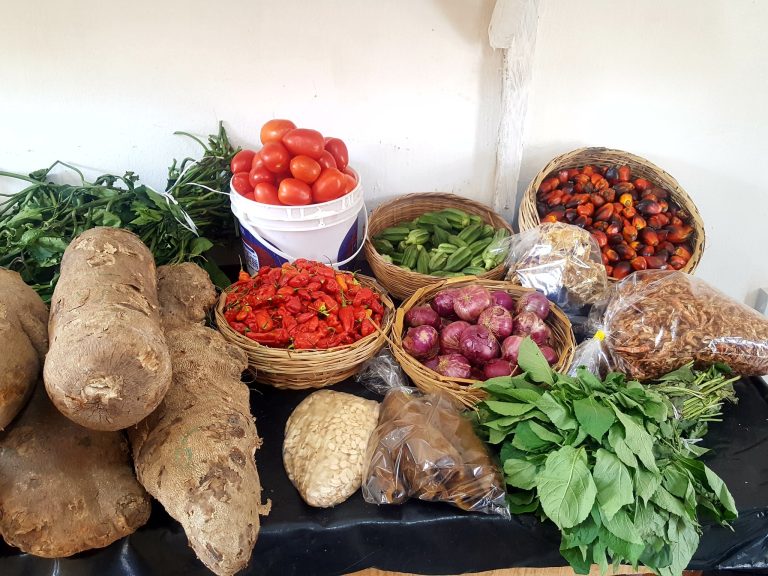Nigeria’s inflation rate soared to a 28-year high of 34.19% in June, causing widespread hardship. Food inflation rose by 40.87%, attributed to insecurity in agricultural regions. As a result, many Nigerians struggle to afford essential food items. According to the UN’s 2024 report, 172 million Nigerians (78.7% of the population) couldn’t afford a healthy diet in 2022. The report stated that a Nigerian would need about $3.83 daily to afford a healthy diet.
In response to the crisis, many Nigerians have turned to cheaper local food options like cocoyams, soybeans, and spinach. Cocoa yam has become a popular substitute for rice and gari due to its affordability and nutritional value. Vendors in bustling markets proudly display pyramids of cocoa yam, which has become a staple in many households.
Other indigenous foods gaining traction include soybean cake (wara) and parched corn and beans. These alternatives offer a cost-effective solution to the high prices of meat and other staples. However, experts note that while these changes reflect the resilience of Nigerians, they also underscore the ongoing struggle against food inflation.
The National Bureau of Statistics reported a 250% increase in food prices over the past year, with beans rising by 252% between June 2023 and June 2024. The agriculture sector has experienced a decline, from 2.1% in 2021 to 0.2% in Q1 2024, attributed to climate change and rural infrastructure challenges.
Experts emphasize the need for sustainable solutions to address the root causes of food inflation. Initiatives like the National Agricultural Technology and Innovation Plan aim to enhance productivity and ensure food security. Local farmers are adopting resilient farming practices, and community-based programs educate individuals on sustainable farming and nutrition.
The government and private sector must work together to drive growth in the agricultural sector, address insecurity and high inflation, and ensure food security. As Nigerians adapt to their new reality, the focus must remain on creating a sustainable and equitable food system.


